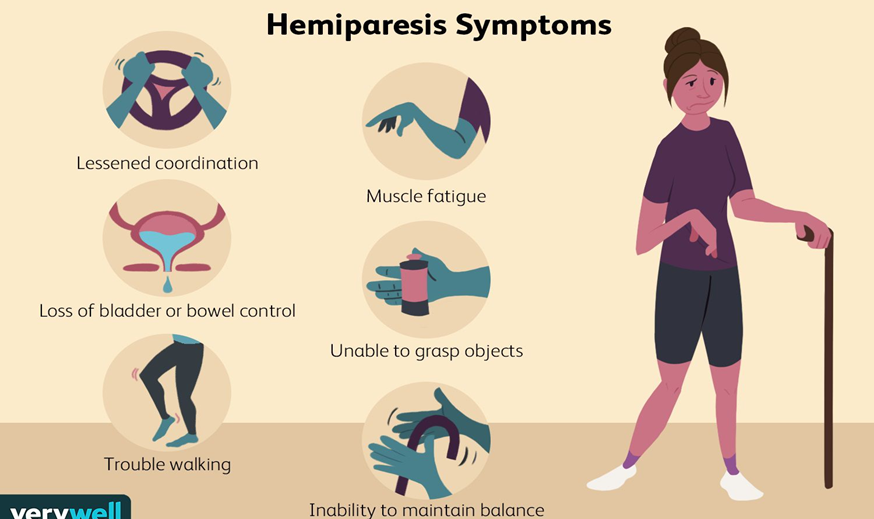A nurse is preparing an educational program about client confidentiality. The nurse should explain that nurses may share a client’s protected health information with which individuals?
The client’s immediate family members
The facility’s administrators
Health care team members caring for the client
Clergy affiliated with the facility
The Correct Answer is C
Choice A Reason:
The client’s immediate family members may not always have the right to access the client’s protected health information (PHI) unless the client has given explicit consent. Confidentiality laws, such as the Health Insurance Portability and Accountability Act (HIPAA) in the United States, are designed to protect the privacy of patients’ health information. These laws generally require that PHI be shared only with individuals who are directly involved in the patient’s care or who have been authorized by the patient. Therefore, while family members may be involved in the patient’s care, they do not automatically have the right to access PHI without the patient’s consent.
Choice B Reason:
The facility’s administrators typically do not need access to a specific client’s PHI unless it is necessary for administrative purposes related to the patient’s care or for compliance with legal and regulatory requirements. Administrators are generally more involved in the overall management and operation of the healthcare facility rather than in the direct care of individual patients. Sharing PHI with administrators without a valid reason could violate confidentiality laws and the patient’s right to privacy.
Choice C Reason:
Health care team members caring for the client are directly involved in the patient’s care and, therefore, have a legitimate need to access the client’s PHI. This includes doctors, nurses, therapists, and other healthcare professionals who are providing treatment, coordinating care, or ensuring the patient’s well-being. Sharing PHI with these individuals is essential for delivering safe and effective care, and it is permitted under confidentiality laws such as HIPAA.
Choice D Reason:
Clergy affiliated with the facility may provide spiritual support to patients, but they do not typically have a legitimate need to access the client’s PHI unless the patient has given explicit consent. While spiritual care is an important aspect of holistic healthcare, it does not require access to detailed medical information. Therefore, sharing PHI with clergy without the patient’s consent would generally be considered a violation of confidentiality laws.
Nursing Test Bank
Naxlex Comprehensive Predictor Exams
Related Questions
Correct Answer is C
Explanation
Choice A reason: While chest physiotherapy can help mobilize secretions, it does not specifically promote the flow of secretions to the base of the lungs. The primary goal is to loosen and mobilize secretions so they can be coughed up and cleared from the airways. This helps improve overall lung function and oxygenation.
Choice B reason: Chest physiotherapy does not eliminate the need to cough. In fact, coughing is an essential part of the process as it helps expel the loosened secretions from the airways. The therapy aims to make coughing more effective by loosening the mucus.
Choice C reason: The primary purpose of chest physiotherapy with percussion and vibration is to help clear the airways of excessive secretions. This is particularly important for patients with conditions like chronic obstructive pulmonary disease (COPD), cystic fibrosis, or pneumonia, where mucus buildup can obstruct the airways and impair breathing. By loosening and mobilizing the secretions, the therapy facilitates their removal through coughing.
Choice D reason: Chest physiotherapy does not limit the production of bronchial mucus. It focuses on clearing existing mucus from the airways rather than reducing its production. The production of mucus is influenced by underlying conditions and may require other treatments to manage.
Correct Answer is A
Explanation
Choice A reason: Holding the cane on the opposite side of the weaker leg is the correct technique. For a client with left-sided weakness, holding the cane on the right side provides better support and balance. This method helps distribute weight away from the weaker side and reduces the risk of falls. The cane should be moved simultaneously with the weaker leg to maintain stability.

Choice B reason: Advancing the right leg and the cane together is incorrect. The correct technique involves moving the cane and the weaker leg (left leg in this case) together. This coordination helps in maintaining balance and provides the necessary support to the weaker side. Moving the stronger leg and the cane together does not offer the same level of support.
Choice C reason: Removing the rubber tip when using the cane is not advisable. The rubber tip provides traction and prevents the cane from slipping on various surfaces. Removing it would increase the risk of falls and injuries. The rubber tip is an essential safety feature of the cane.
Choice D reason: Placing the cane approximately 61 cm (24 inches) in front of the foot is too far. The cane should be placed about 15-20 cm (6-8 inches) in front of the foot to ensure stability and ease of movement. Placing the cane too far ahead can cause instability and make walking more difficult.
Whether you are a student looking to ace your exams or a practicing nurse seeking to enhance your expertise , our nursing education contents will empower you with the confidence and competence to make a difference in the lives of patients and become a respected leader in the healthcare field.
Visit Naxlex, invest in your future and unlock endless possibilities with our unparalleled nursing education contents today
Report Wrong Answer on the Current Question
Do you disagree with the answer? If yes, what is your expected answer? Explain.
Kindly be descriptive with the issue you are facing.
